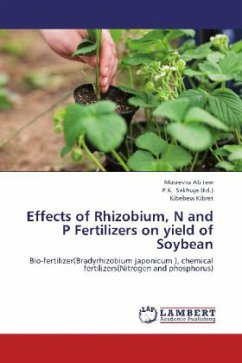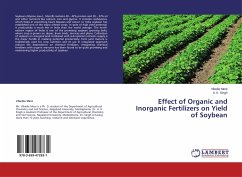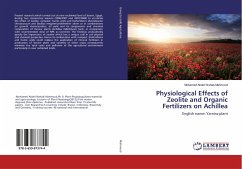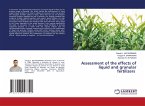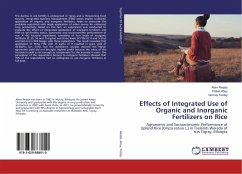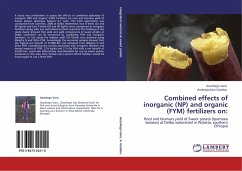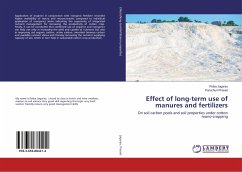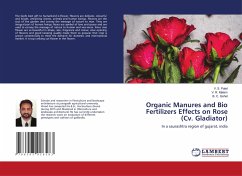Owing to the rising costs of chemical fertilizers and the growing environmental concerns, there is an ever increasing interest in the role of soil microorganisms in crop nutrition and soil fertility restoration. BNF by legume plants through microbial processes ensures the greatest quantitative impact on the N cycle and has tremendous potential for the contribution of fixed N in soil and reduce the need for industrial N fertilizers. This experiment was therefore conducted with the objectives of examining the effects of Rhizobium inoculation, and N and P fertilizer application on growth, nodulation, yield and yield components of soybean. Three levels of N (0, 11.5 and 23 kg N ha-1); three levels of P (0, 23 and 46 kg P2O5 ha-1) with two levels of Rhizobium were arranged in RCBD in factorial combinations with three replications. The results showed that growth and yield potential of soybean and an increase N2 fixation can be achieved by using Rhizobium and P fertilizer with reduced level of N as starter fertilize. The results obtained in this work might have potential applications for increasing the productivity of soybean and enriching the soil with N for resource poor farmers.
Bitte wählen Sie Ihr Anliegen aus.
Rechnungen
Retourenschein anfordern
Bestellstatus
Storno

